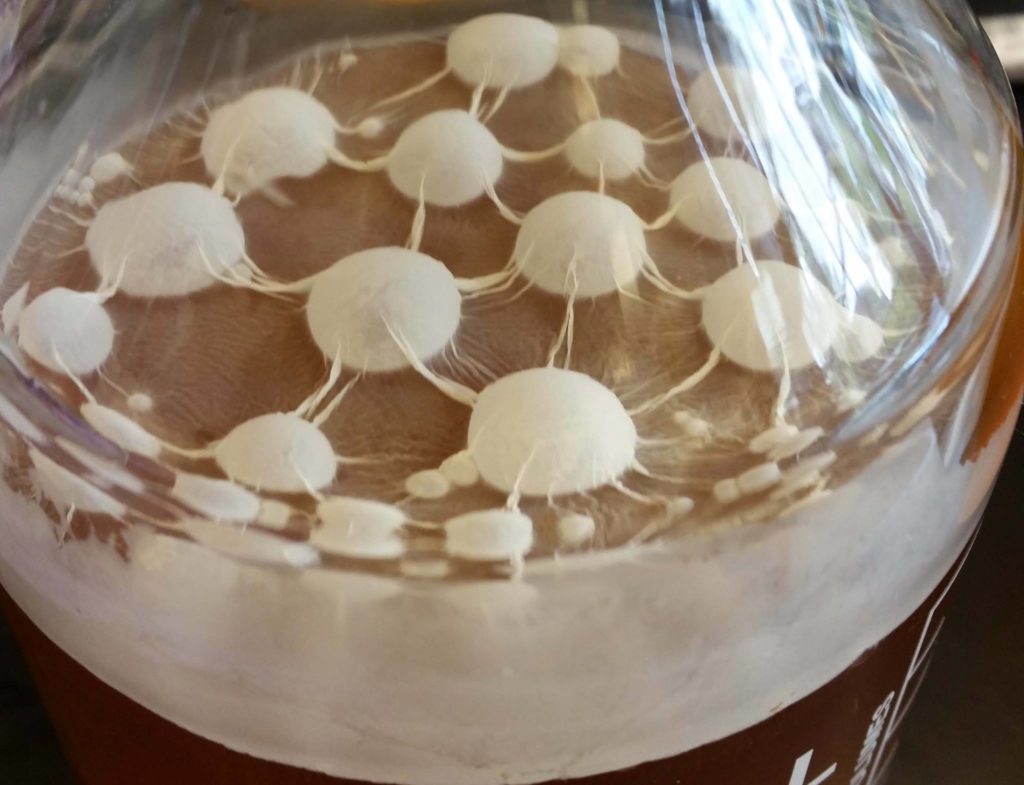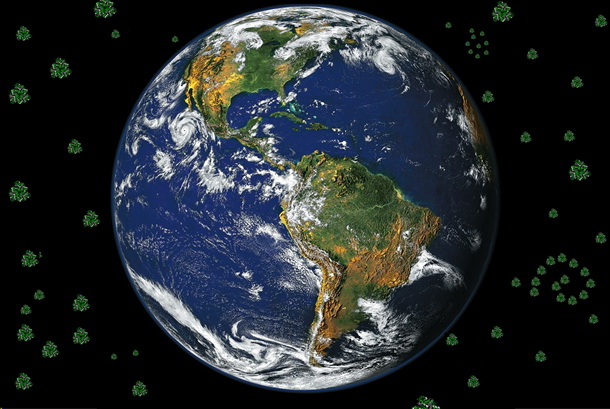
“How Structure Biology Aids to Visualize the Molecules of Life”
Have you ever wondered what makes our planet look green from space? Have you ever wondered how our cells generate the power we need to function and live? Have you ever wondered how our cells communicate with the outside world? Have you ever wondered what is responsible for how we experience ourselves and the world around us?
Join Dr Susanne Ressl on a fascinating journey through highlights from structure biology and how this particular field helped to understand how molecular machines (proteins) work.
Several things to note:
1) We’re starting at 7pm
2) We’re on the 3rd Wednesday
3) We’re at Hopscotch on Morton & Dodds
4) Hopscotch doesn’t have much food, which is why we’re beginning at 7pm (They do have great coffee, tea, beer, and pastries all the time.)

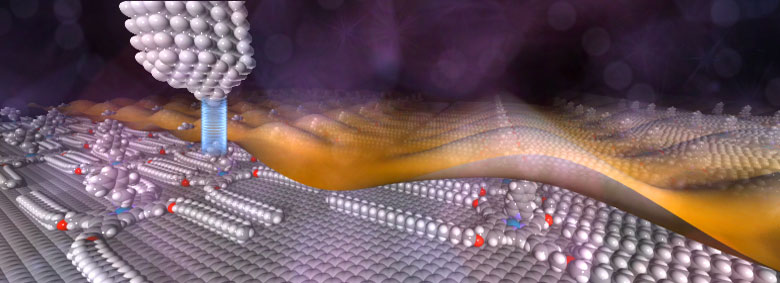
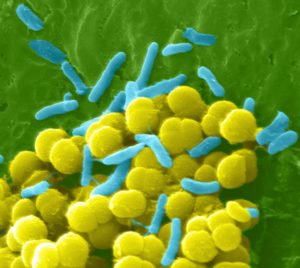
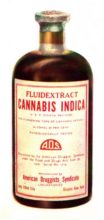 Cannabidiol (aka CBD) is a compound isolate
Cannabidiol (aka CBD) is a compound isolate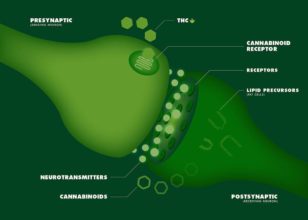 Join us for this talk by Neurobiochemist Heather Bradshaw, PhD.
Join us for this talk by Neurobiochemist Heather Bradshaw, PhD.